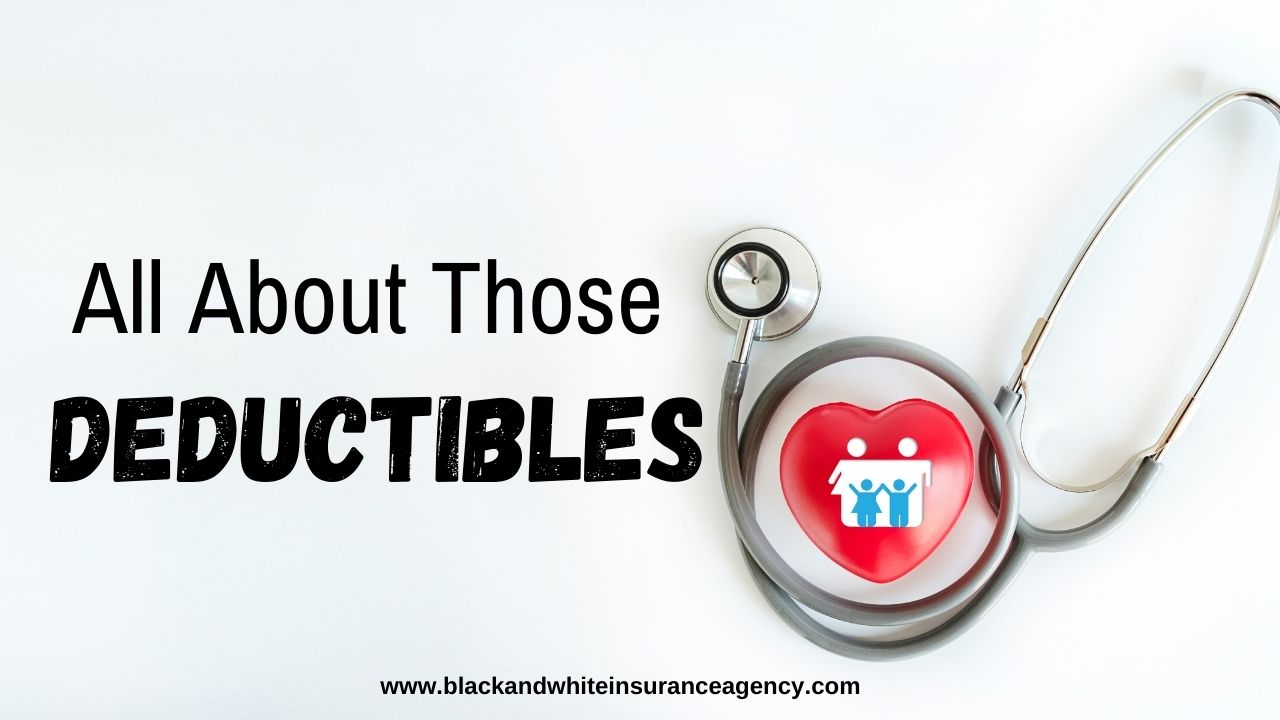When it comes to your health, one of the most frequently asked questions is “Why do I have to pay so much on this service? I thought I had insurance for this?” The answer is YES, you do have insurance, but there is a DEDUCTIBLE. A deductible is a specified amount of money that the insured must pay before an insurance company will pay a claim. An annual deductible can vary significantly from one health insurance plan to another.
On individual health plans there are two types of deductibles: Inclusive and Exclusive.
Inclusive plans have the deductible and calendar year max as one amount to meet. An exclusive individual plan, however, means that the insured does not have to contribute to the legal and defense costs but does have to apply the retained excess to the settlement of the claim itself. An example of this could be, a deductible of $5,000 on an 80/20 coinsurance of $3,000.
In addition to deductibles, people with private insurance coverage may face two other kinds of “cost sharing,” also known as out-of-pocket spending, under their plan:
- With deductibles, it’s common for some services – such as prescription drugs or primary care visits – to be covered by a copay, regardless of whether the deductible has been met.
- Copay: A fixed-dollar amount the enrollee must pay for each visit, stay, or drug. For example, an enrollee may be required to pay $20 for a physician visit and the plan covers the rest.
AND…
- Coinsurance: A percentage of the allowed charge for a visit, stay, or drug that the enrollee must pay. For example, an enrollee may pay 20% of the prescription cost allowed under the health plan, and the plan pays the remaining 80%.
The percentage enrolled in an HDHP (high deductible health plan) without an HSA increased
from 10.6% in 2007 to 24.5% in 2017 among adults aged 18–64 with employment-based
coverage. If you’d like to know more about how this could affect you and your family, let’s chat. The open enrollment deadline, for those states who use Healthcare.gov, has been extended to December 18th. You’ve got two weeks to get those questions answered and as the Insurance Educator, I’m here to help.
